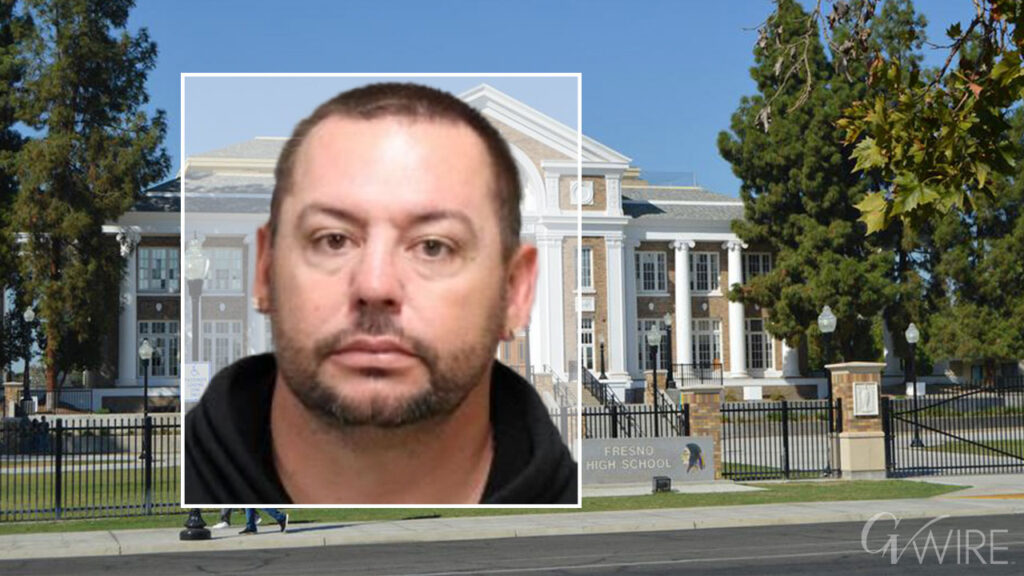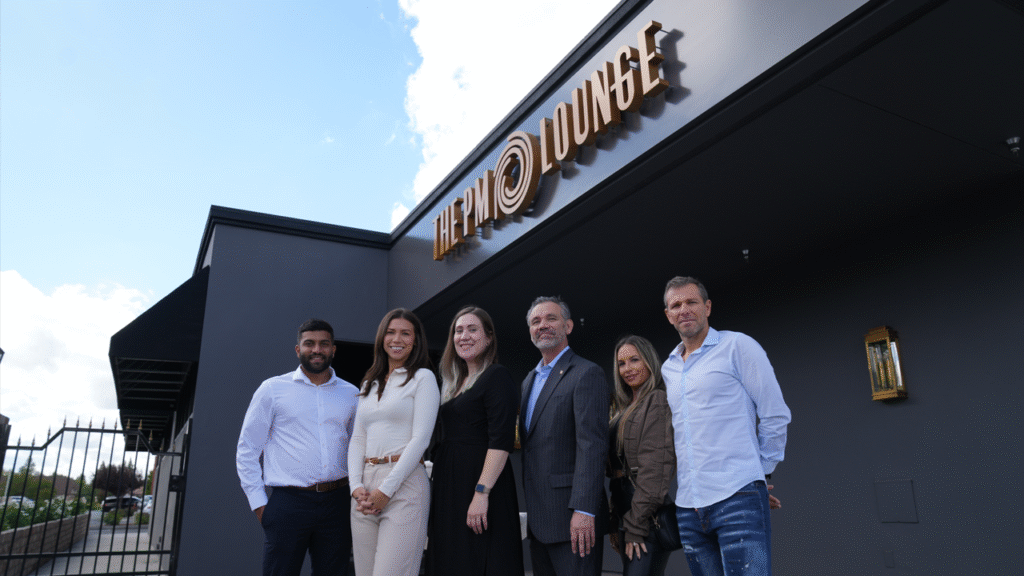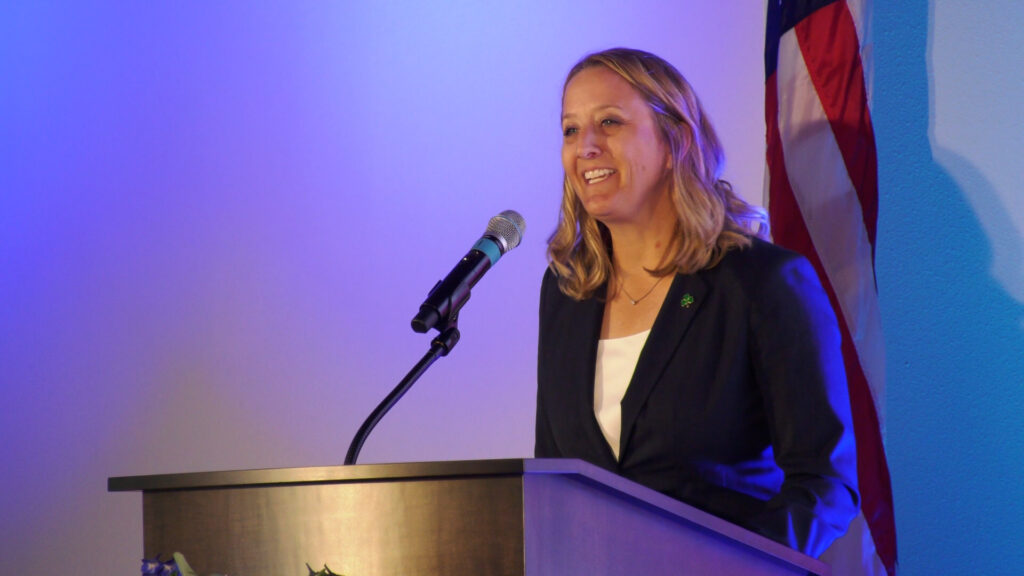Share
In his multiple attempts to overcome a methamphetamine addiction that ground through two decades of his life, Tyrone Clifford Jr. remembers well the closest he came. “The most success I had,” he said, “is when my dealer was in jail.”
Then Clifford walked into a rehab clinic in San Francisco called PROP, the Positive Reinforcement Opportunity Project. There, he encountered an approach so simple he sounds slightly bemused explaining it. The secret? The program paid him to show up and stay clean.
“It wasn’t much money — very little, in fact, and I didn’t really need it,” said Clifford, 52. “But I did need the support. I did need the connection. I was doing something positive for the first time in a long, long time, and it changed my outlook.”
Research Shows Rewards for Sobriety are Effective
The concept of a reward for sobriety — known as contingency management — lies at the heart of many an addiction therapy success story. Research showing it’s a highly effective tool for managing substance use disorder, especially for stimulants, goes back decades.
The Department of Veterans Affairs has long employed the therapy, providing it to more than 5,600 veterans. Some 92% of the 72,000 urine samples collected during treatment tested negative for the targeted drug, said Dominick DePhilippis, a clinical psychologist and researcher who helped launch the VA’s program in 2011.
But outside of the VA? “It is used almost zero,” said Richard Rawson, a professor emeritus at UCLA who has researched the therapy for nearly 30 years. Providers worry that by paying patients they’ll violate anti-kickback regulations and thus jeopardize their federal funding through Medicaid.
But California appears poised to challenge the regulations. On June 1, the state Senate unanimously passed SB 110, introduced by Sen. Scott Wiener (D-San Francisco), which declares contingency management (CM) a legal practice and authorizes its funding by adding it to the list of drug treatment services offered through Medi-Cal, the state’s version of Medicaid. The price tag for the bill depends on how many patients use the therapy, but it would cost only about $179,000 a year to include the approach in treatment for 1,000 people trying to kick stimulant use, according to a financial analysis.
California Pilot Program Proposed
California’s latest budget, still being hammered out, may include money for a CM pilot program for next year. Wiener’s bill would provide permanent funding — if, that is, Medi-Cal can get federal signoff on the practice.
The federal anti-kickback statute prohibits offering an inducement to a patient to choose a specific program or type of treatment. The Department of Health and Human Services’ Office of the Inspector General has to this point agreed with the Centers for Medicare & Medicaid Services that a violation would occur at any monetary incentive beyond $75 a year, which contingency management experts say isn’t enough to get results.
More than a dozen organizations have written to the Department of Health and Human Services to ask for a waiver of the anti-kickback statute as it pertains to the therapy. A group led by Dr. Westley Clark, former director of the federal Center for Substance Abuse Treatment, is asking Congress to instruct HHS to allow the treatment in Medicaid programs.
In response to questions from KHN, a spokesman for the HHS Office of the Inspector General declined to comment on “any regulations or waivers in development,” but said the OIG “recognizes that contingency management interventions are the most effective currently available treatment for stimulant use disorders.” Any CM program put in place would be evaluated on a case by case basis, he said, and going over the $75 annual limit “does not mean that such incentive automatically violates the statute and is illegal.”
The VA can ignore the rule altogether because the department’s budget covers all its costs. “VA is in many ways the ideal setting for [the therapy’s] implementation,” said DePhilippis. “We’re not subject to the funding concerns that I hear expressed by my colleagues in programs outside of the VA.”
As the name implies, patients in a CM program are rewarded on a contingency basis for modifying their behavior — specifically, by not missing recovery meetings or failing a drug test. While the approach can be employed to treat any type of substance addiction, it’s been especially useful for stimulants like meth and cocaine, for which there is no well-established addiction-combating medication, such as methadone for an addiction to opioids.
Veterans Administration Uses Program
Patients at VA recovery sessions draw from a plastic fishbowl that holds 500 slips of paper. Half of those slips contain positive messages: “Good job.” “Way to go.” Another 209 slips are worth $1, while 40 are worth $20 and one “jumbo” prize of $100 lurks in every bowl. As patients continue to stay clean, the number of slips they get to draw increases, to a maximum of eight. If they skip meetings or test positive, they go back to drawing a single slip. The money is paid in the form of vouchers that can be used through the VA’s canteen system to buy food and other items, but not alcohol or tobacco.
In other programs that employ the approach, including the one Tyrone Clifford found in San Francisco in 2011, patients receive gift cards worth $300 to $400 over 12 weeks in exchange for regularly attending meetings and producing clean tests. Most of the incentive programs are designed to end after three months, on the theory that patients have used the time to regularly attend counseling and therapy sessions and kick-start their recoveries.
That is what happened to Clifford, who fell into meth use after learning he was HIV-positive at age 21. He and his partner (now husband) soon moved from Georgia to San Francisco, where his use spiraled out of control until he was advised to visit PROP, administered through the San Francisco AIDS Foundation.
“The money wasn’t the main thing for me — but it is for some of the guys who come in here,” Clifford said. “They may need that small amount to keep a cellphone bill paid. They may need that for a doctor. I hear people say, ‘Why should we pay a drug user to stop using drugs?’ My answer is that it works. You keep coming in, week after week, and pretty soon you’re back on your feet.”
Critics Express Moral Qualms Over Approach
Some critics have moral qualms about paying a patient for good behavior, and therapists are sometimes wary of the approach. But effective approaches are needed. In San Francisco, the meth overdose death rate has increased more than 500% since 2008, and half of all psychiatric emergency room admissions at Zuckerberg San Francisco General Hospital are now meth-related.
“As a gay man in San Francisco, my community has been deeply affected by meth use,” said Wiener. Meth use spiked 20% nationally among those tested in the early months of the pandemic.
Those who’ve seen the approach used successfully in treating meth addiction are befuddled by its unavailability, especially now that states offer everything from marijuana to Yankees tickets to persuade people to get vaccinated against covid-19.
Still, Rawson said he doubts California’s bill can override the HHS restrictions as currently written. Wiener, on the other hand, doesn’t believe the use of therapy was ever in violation of anti-kickback statutes.
Tyrone Clifford simply knows it works.
“I see it now from the other side,” said Clifford, who is 10 years sober and now counsels those trying to kick meth addiction through the San Francisco AIDS Foundation. “Guys keep coming back. You can see it building every week.”
By Mark Kriedler, Kaiser Health News
This story was produced by KHN, which publishes California Healthline, an editorially independent service of the California Health Care Foundation.




















